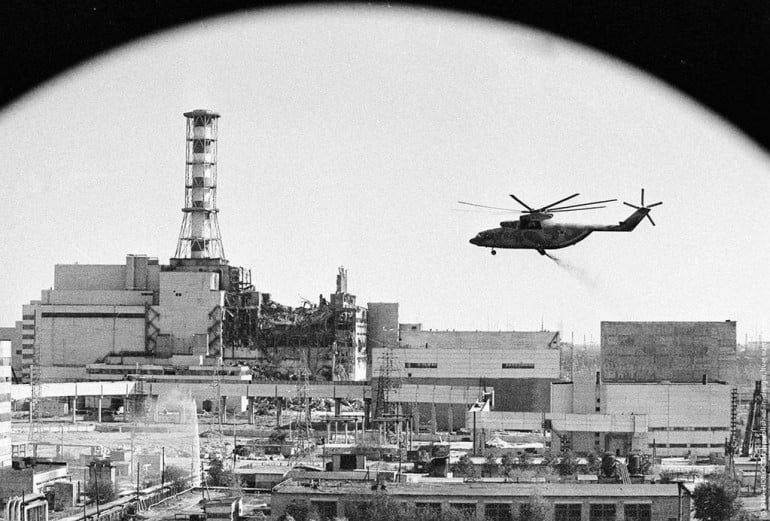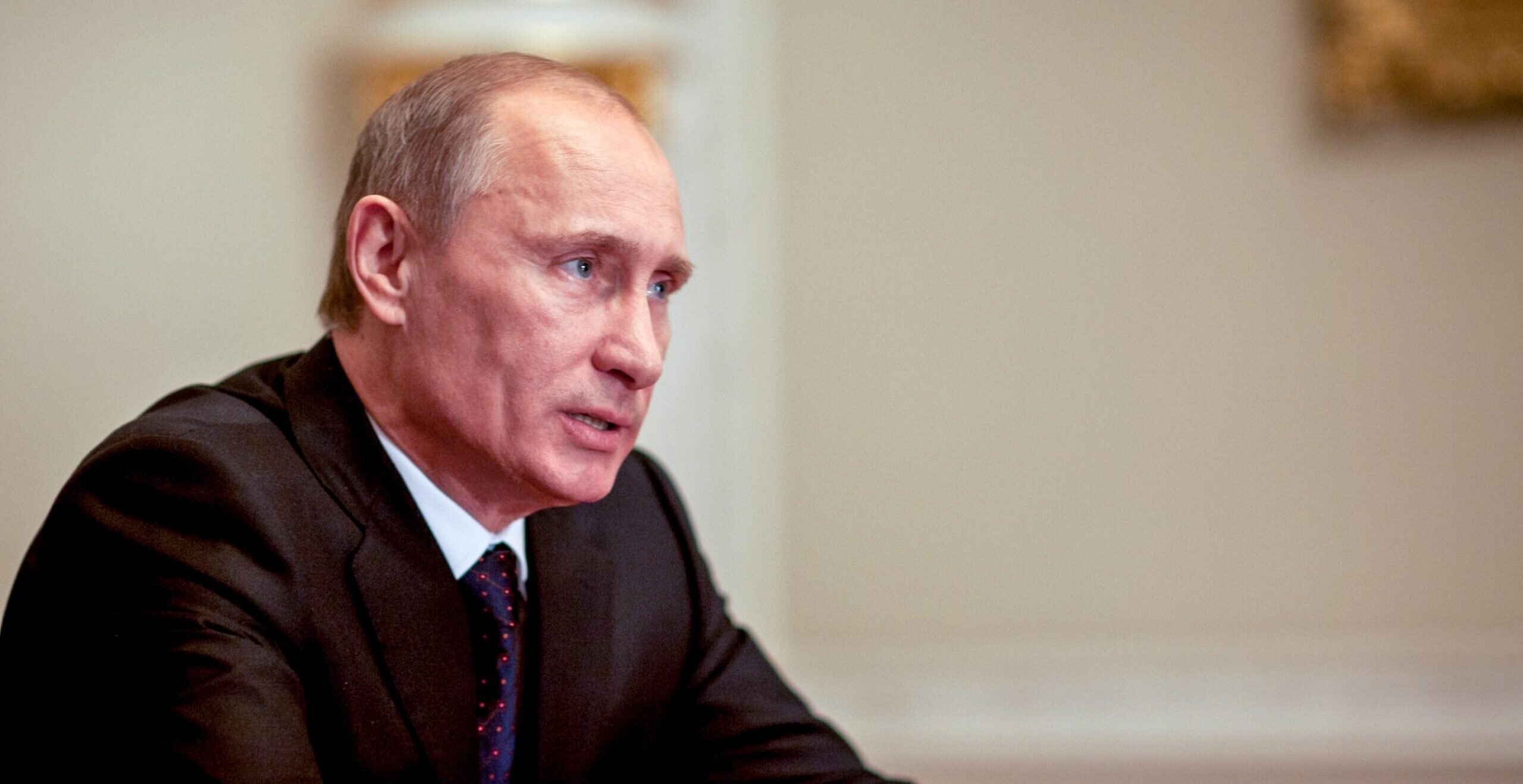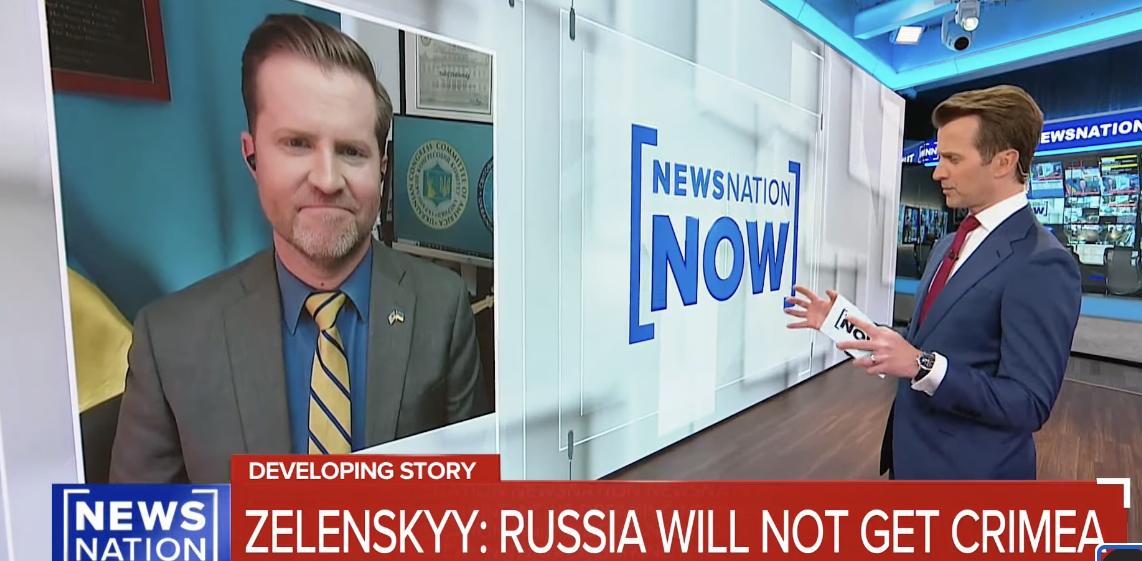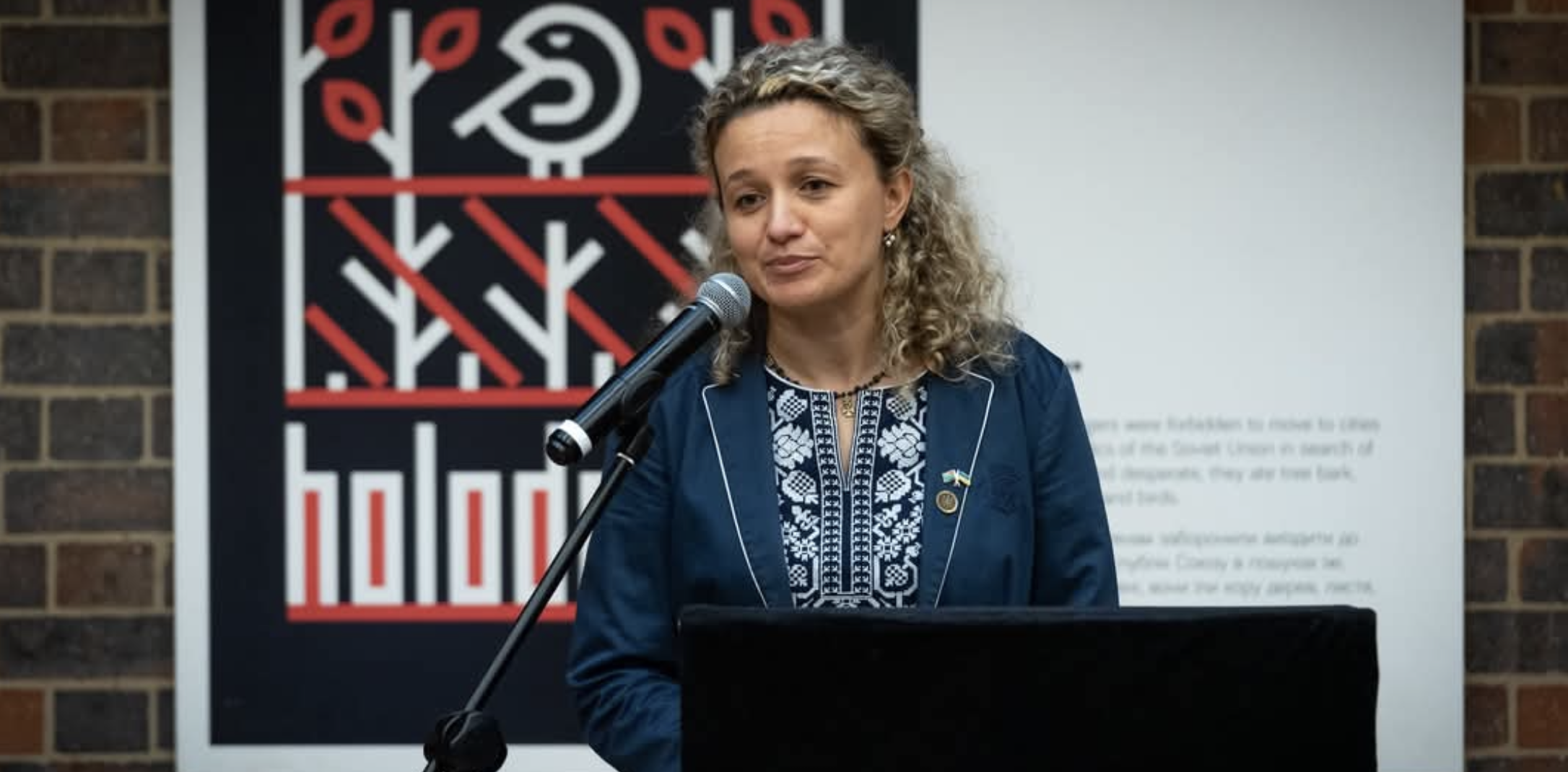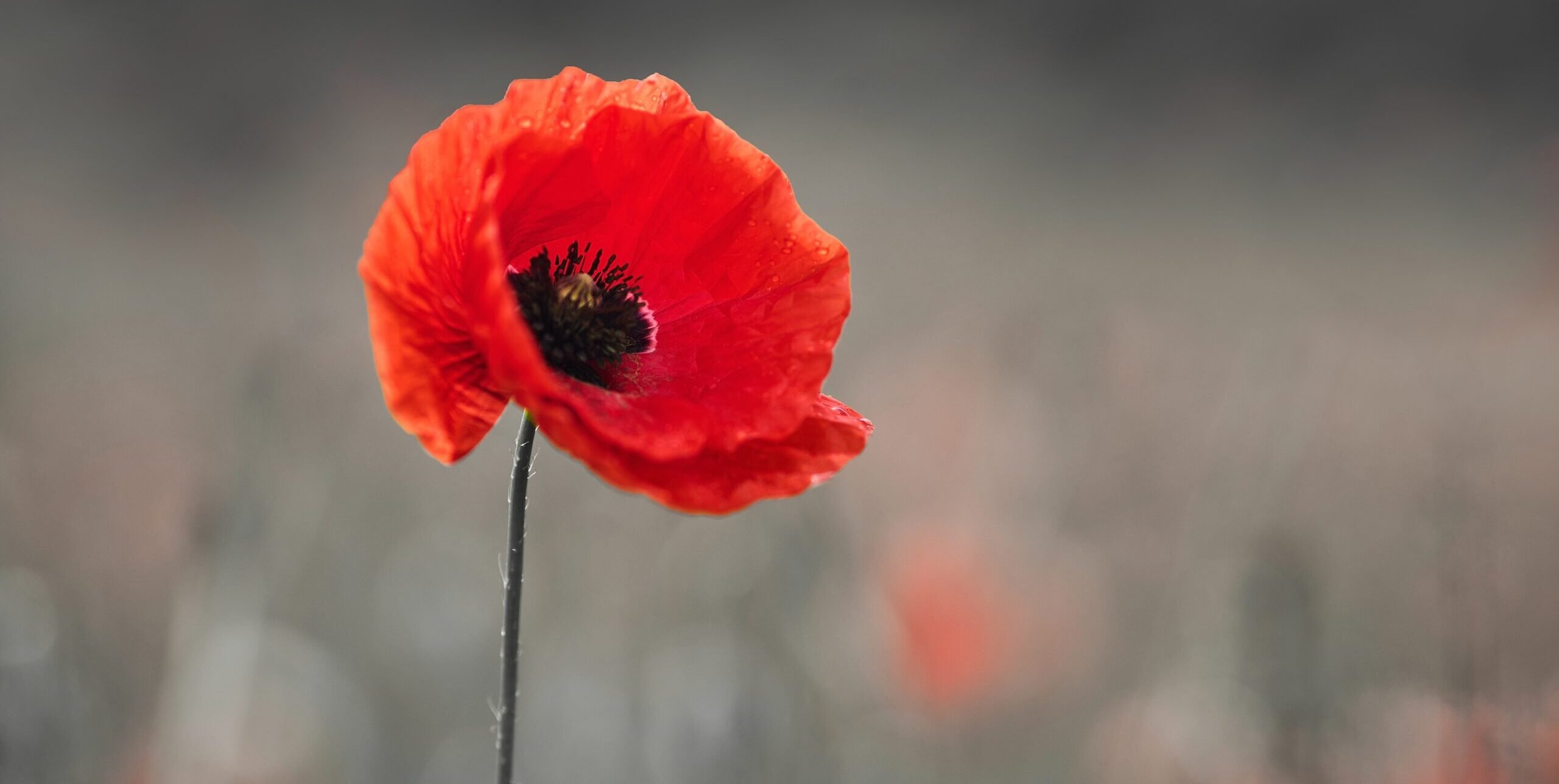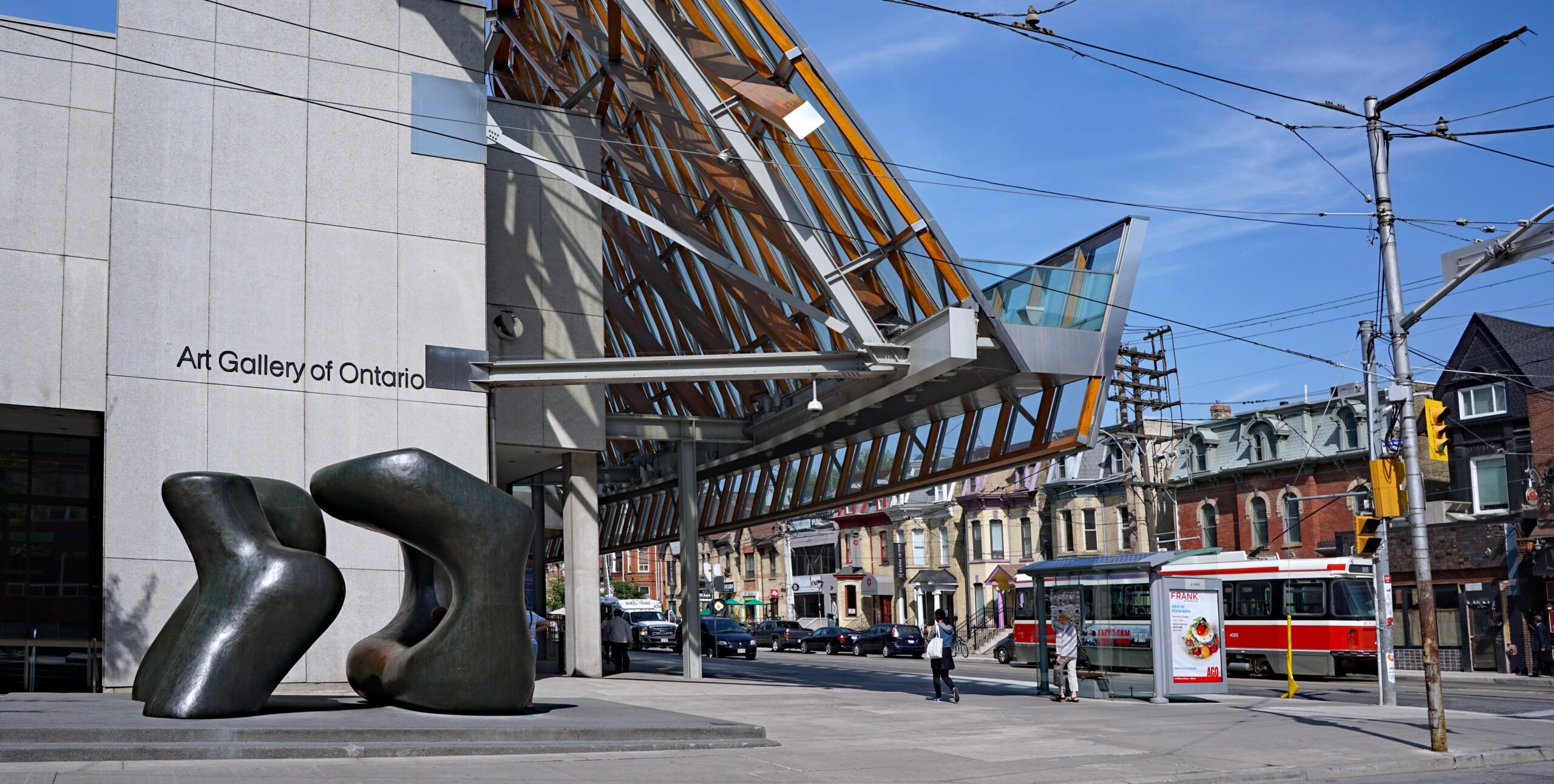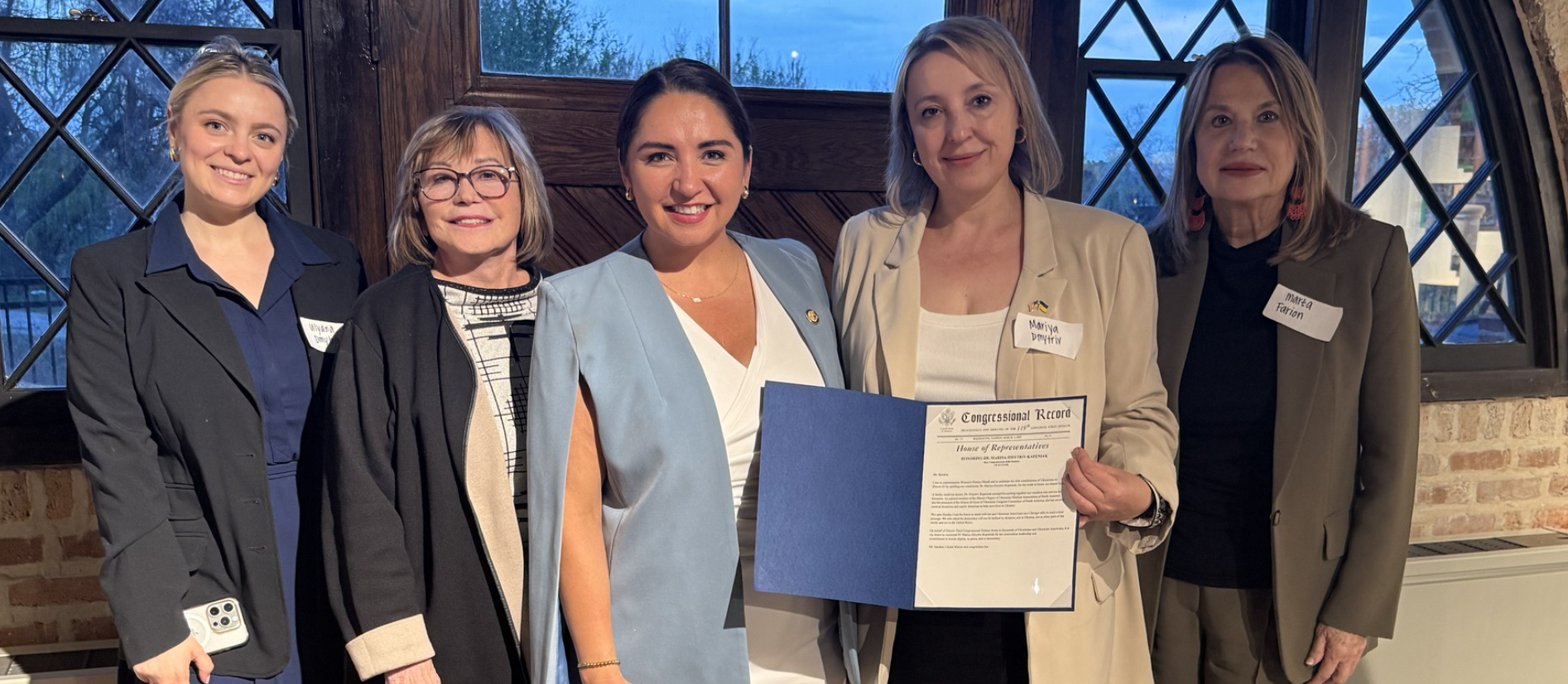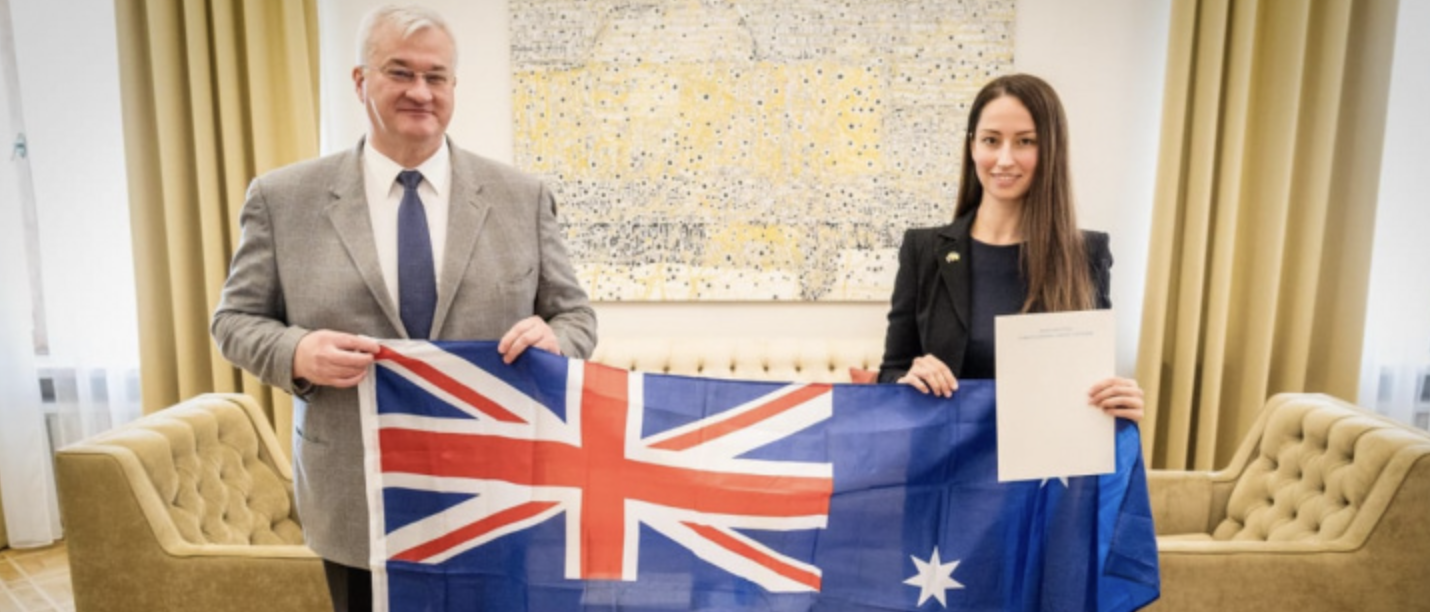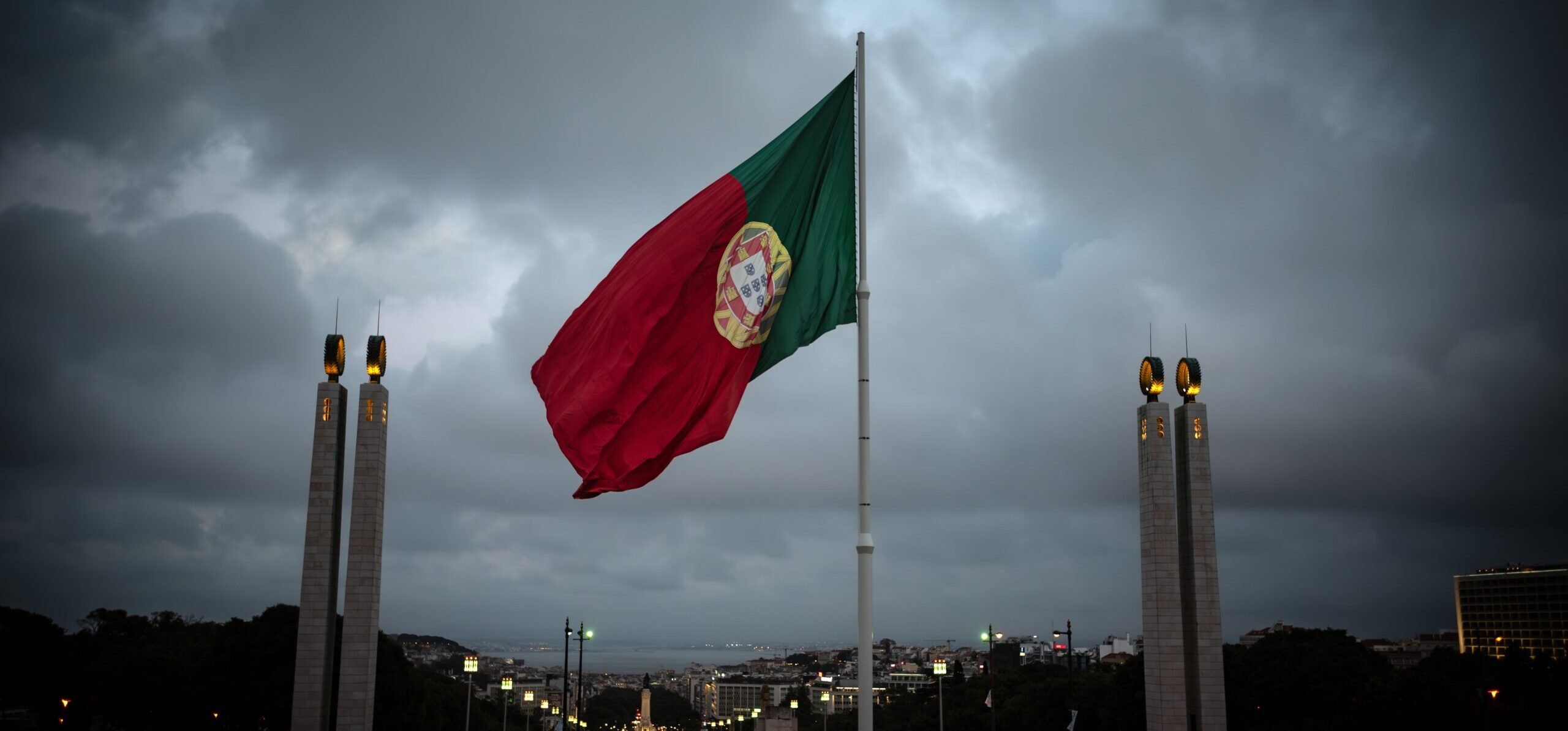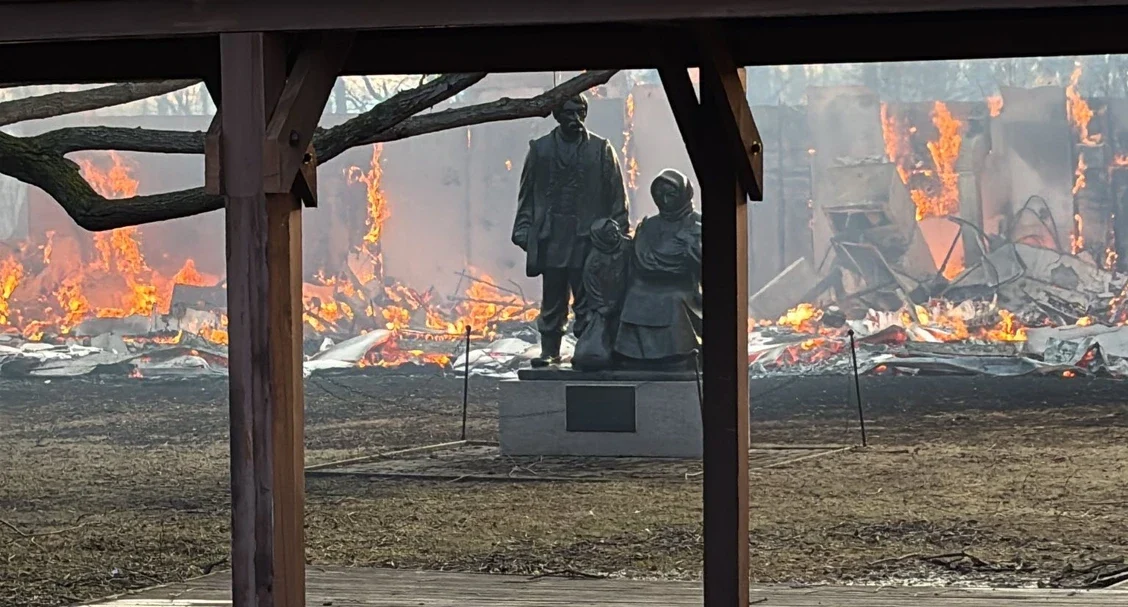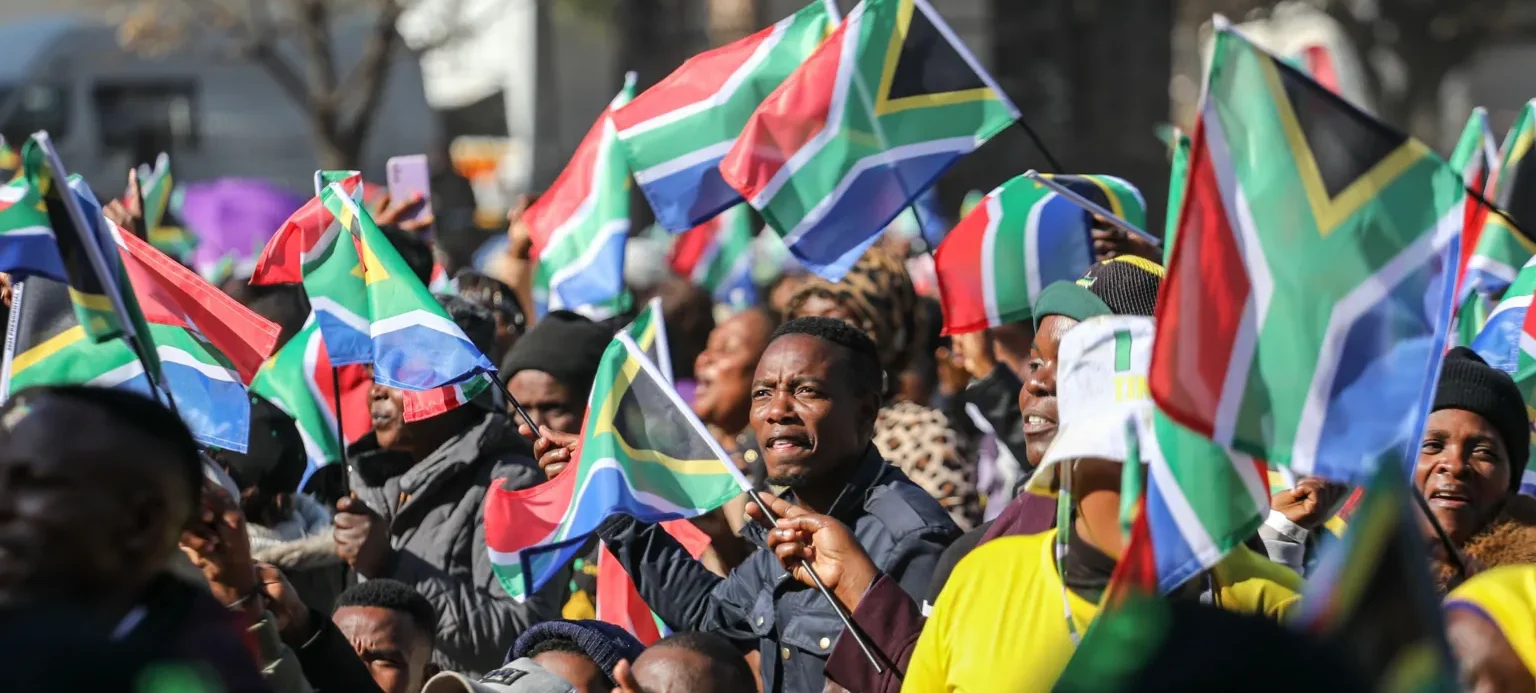

by Dzvinka Kachur, UWC Regional Vice President for Africa, co-founder of the Ukrainian Association of South Africa
Source: The Ukrainian Week
Last week, Cyril Ramaphosa was inaugurated as the President of South Africa. On June 14, the newly elected parliament re-elected him to this position for a second term. However, for the first time since 1994 (when the first democratic elections were held after the end of apartheid) in the history of independent South Africa, the African National Congress (ANC) – the party led by Ramaphosa – did not receive a majority of votes in the parliamentary elections. The country will now be governed by a government of national unity, which, in addition to the ANC (which received 40% of the vote), includes the Democratic Alliance (22% of the vote) and the Inkatha Freedom Party (IFP, 4%). The latter two parties have a clear stance on recognizing Russia as an aggressor. This could contribute to strengthening Ukrainian-South African relations. Additionally, the coalition includes several smaller parties, most of which have a clear position on recognizing Russia as an aggressor. Despite the ANC calling on all parties to form a government of national unity, both pro-Russian parties – the uMkhonto weSizwe (15% of the vote) and the Economic Freedom Fighters (10%) – refused to participate. On June 15-16, a South African delegation participated in the Global Peace Summit at the level of the Advisor to the President of South Africa on National Security, Sydney Mufamadi, but did not sign the joint communiqué.
New government of national unity
The results of the national elections held on May 29, 2024, were almost catastrophic for the ANC – the Nelson Mandela party, which had received the majority of electoral votes since 1994. This time, the ANC received 40.21% of the votes and 159 out of 400 seats in the National Assembly of South Africa – the elected lower house of the country’s parliament. In total, 52 parties participated in the National Assembly elections, and 18 won at least one seat in parliament.
The 2024 elections were also “unique” in that they showed the lowest voter turnout since 1994 – 59%. Nevertheless, despite some organizational shortcomings, most observers deemed the elections free and fair.
After the announcement of the results, South African President and ANC leader Cyril Ramaphosa still had the strength to joke and accept the outcome: “These elections clearly showed the expectations of the people of South Africa that the leaders of political parties will work together to meet the needs of the country.”
In reality, the party led by Ramaphosa faced a high level of distrust in its sole rule by the ANC. Voters are dissatisfied that Africa’s most industrialized economy has continued to decline over the past decade. Power and transportation disruptions limit production, while poverty, unemployment (over 40% among youth), and crime remain unresolved issues. The situation is further exacerbated by numerous corruption scandals and the ANC’s insufficient response in dismissing and punishing officials accused of these problems.
After the election results were announced, President Ramaphosa called for the formation of a government of national unity that would include all parties that won seats in parliament. This is not the country’s first such experience; from 1994 to 1999, South Africa already had a government of national unity.
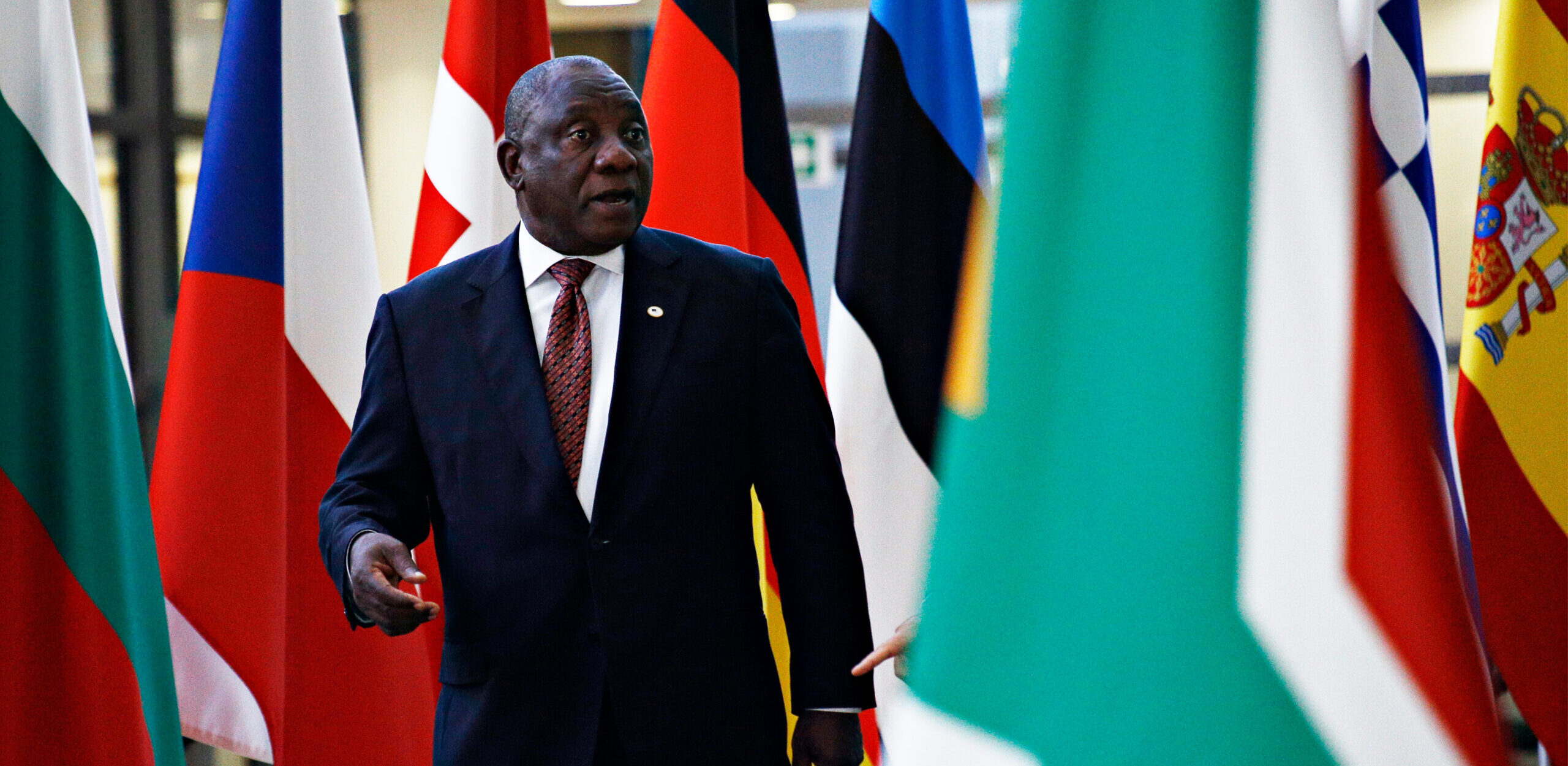
At that time, the ANC, the National Party, and the Inkatha Freedom Party (IFP) joined forces after the first independent elections following the end of apartheid to avoid political instability.
After the election results were announced, President Ramaphosa called for the formation of a government of national unity that would include all parties that won seats in parliament. This is not the country’s first such experience; from 1994 to 1999, South Africa already had a government of national unity.
At that time, the ANC, the National Party, and the Inkatha Freedom Party joined forces after the first independent elections following the end of apartheid to avoid political instability.
Political context and positions of major parties
The ANC needed at least 41 more votes in the National Assembly to form a governing coalition. Together with 87 representatives from the Democratic Alliance (DA) and 17 from the Inkatha Freedom Party, the ANC managed to form a coalition government. Both of these parties hold a pro-Ukrainian stance. Additionally, the Patriotic Alliance (9 seats), which focuses on domestic policy and does not plan to intervene in issues of Russian aggression, agreed to join the coalition along with several smaller parties. Currently, the national unity coalition holds 258 out of 400 seats in parliament. To understand in more detail what influences the formation of positions, particularly regarding foreign policy and Ukraine:
The African National Congress (ANC)
The African National Congress (ANC) emerged from the liberation movement against apartheid and has governed South Africa since Nelson Mandela was elected president in the first independent elections in 1994. The liberation movement united people from various ideological backgrounds, leading the ANC to sometimes struggle to reach a consensus on different issues due to prolonged internal discussions.
On February 24, 2022, the position of South Africa’s Minister of International Relations and Cooperation, Naledi Pandor, was clear and called on Russia to cease aggression and “immediately withdraw its forces from Ukraine in accordance with the UN Charter.” However, on the same day, her colleague, the Minister of Defense and Veterans Affairs of South Africa, Thandi Modise, was photographed celebrating at the Russian embassy with champagne.
Continue reading the text by following the link.
Photo: Shutterstock; EPA
